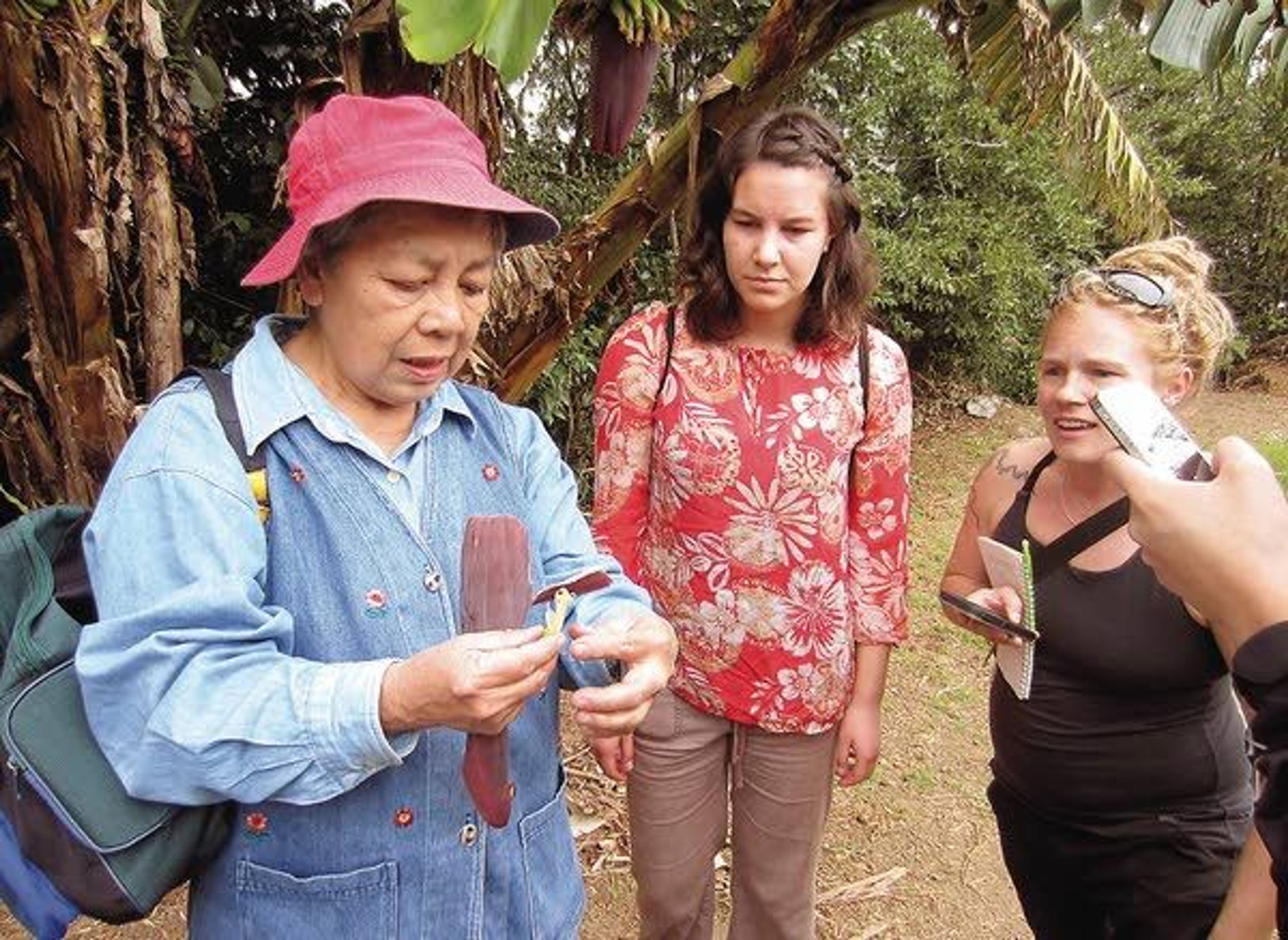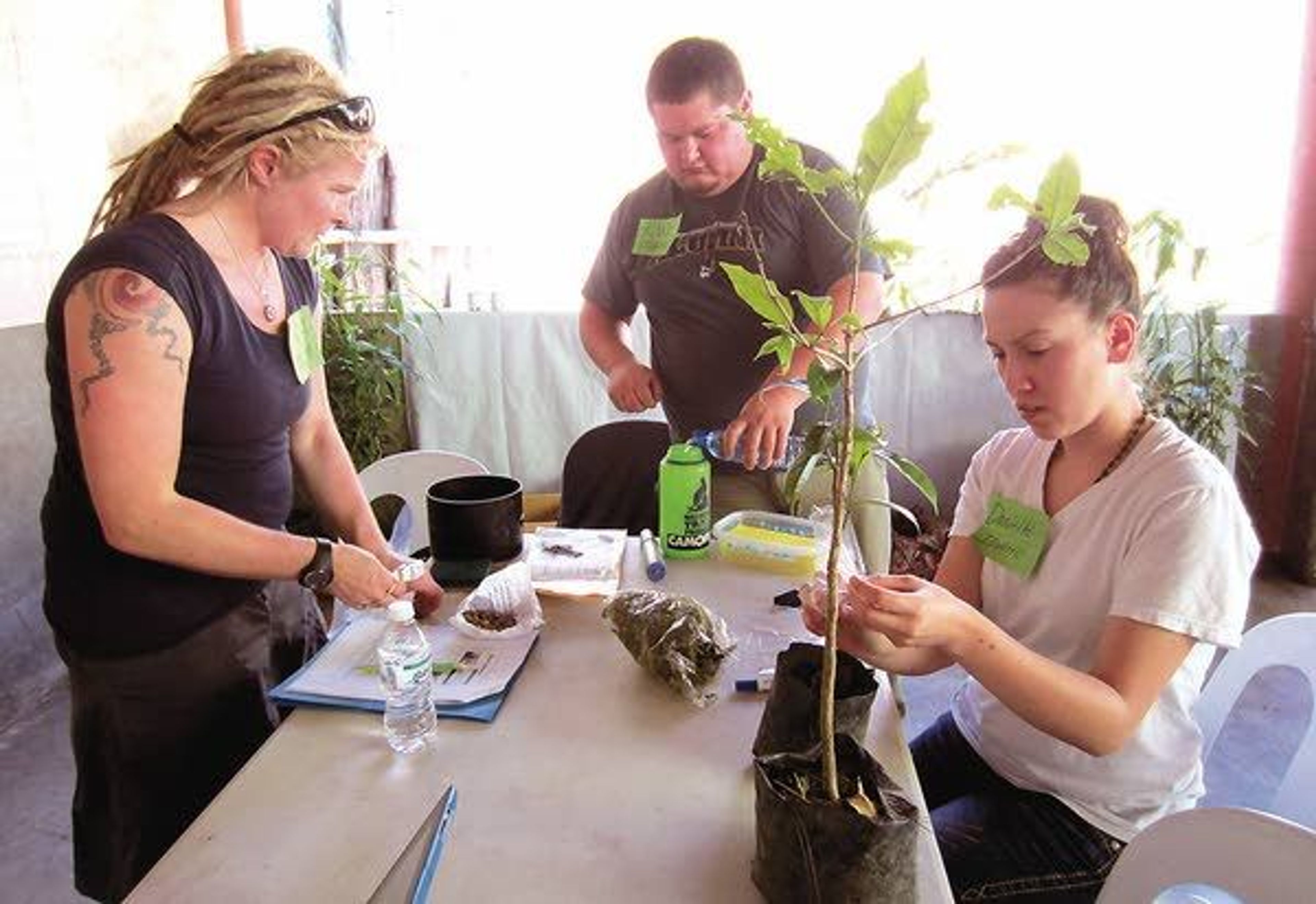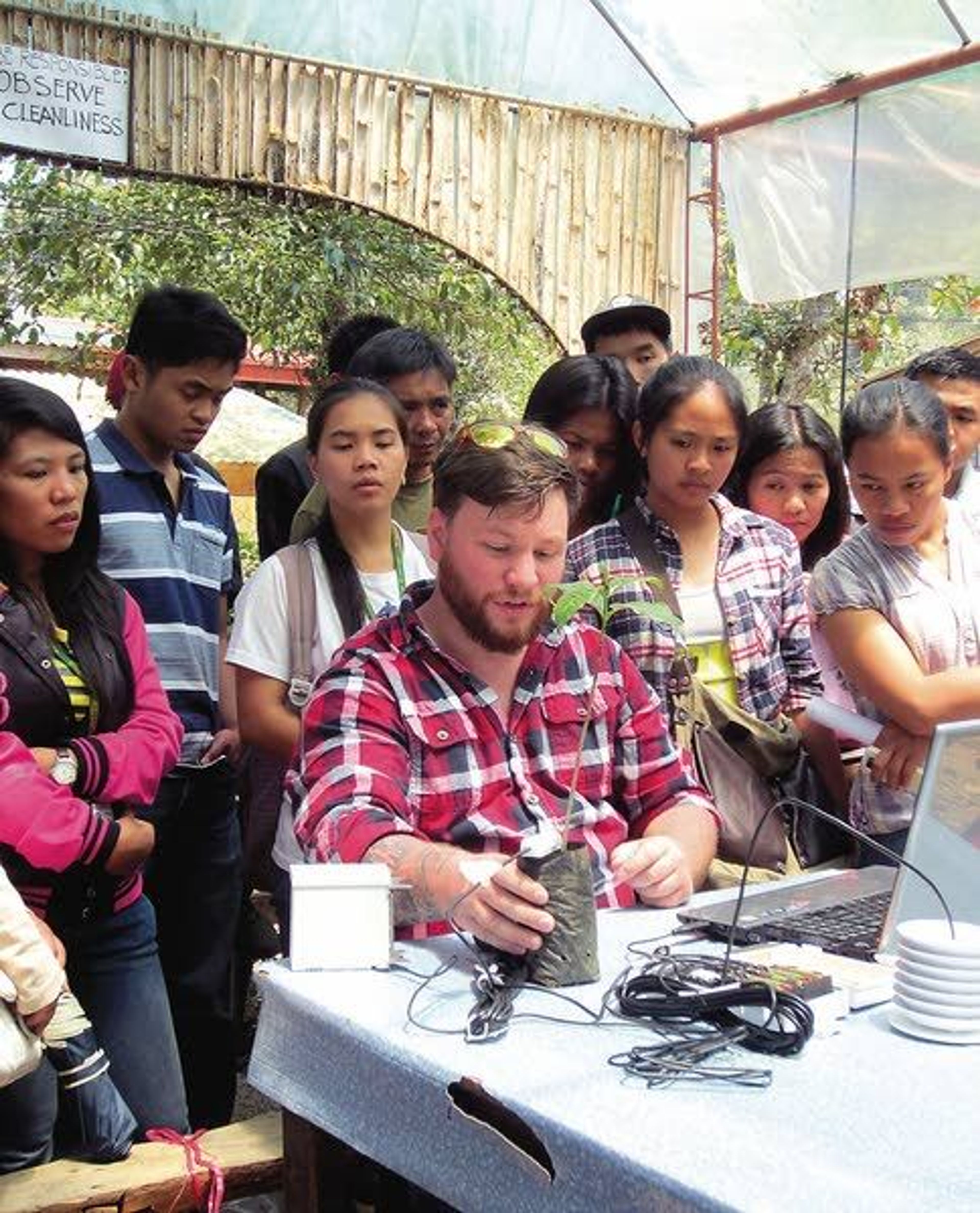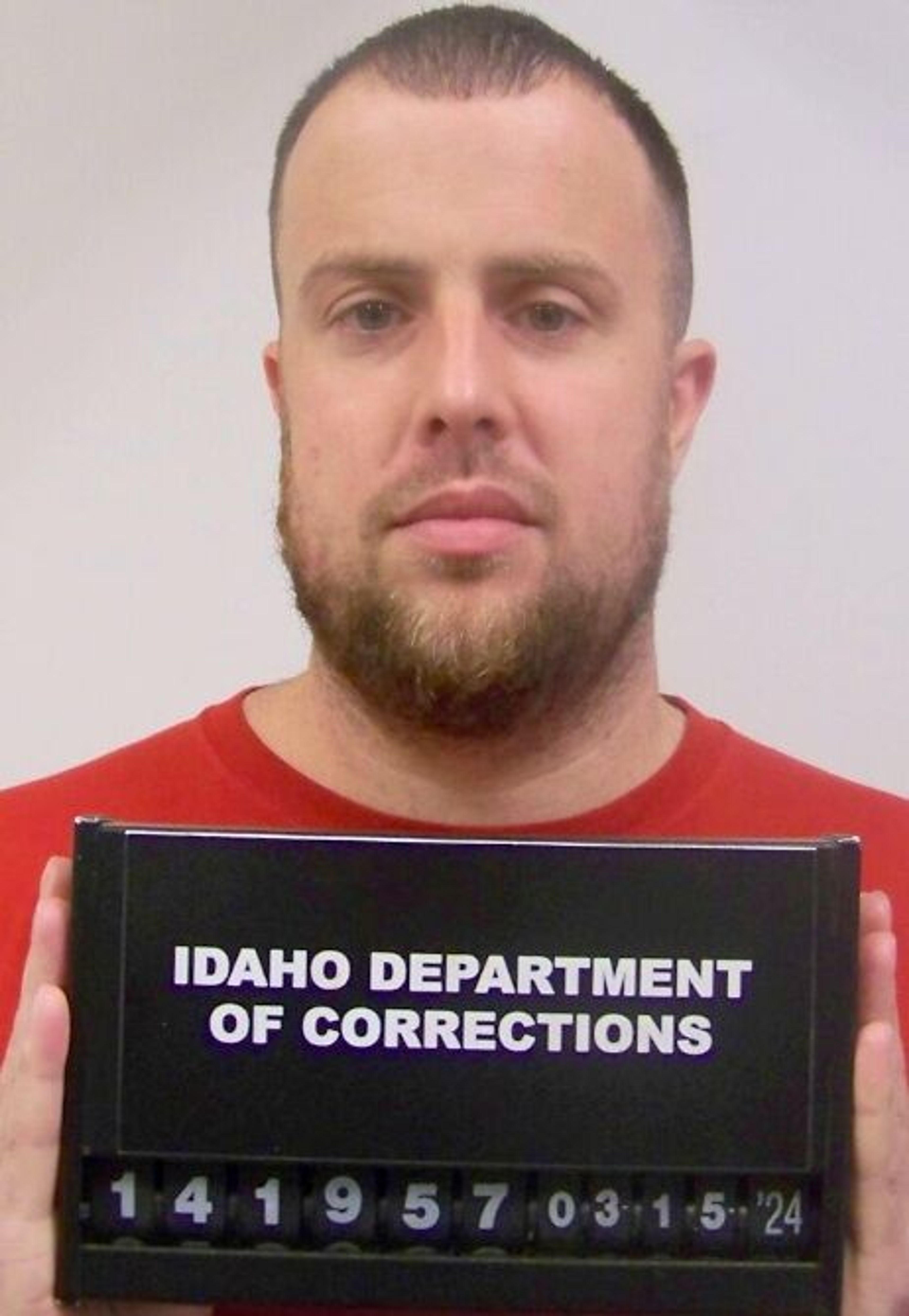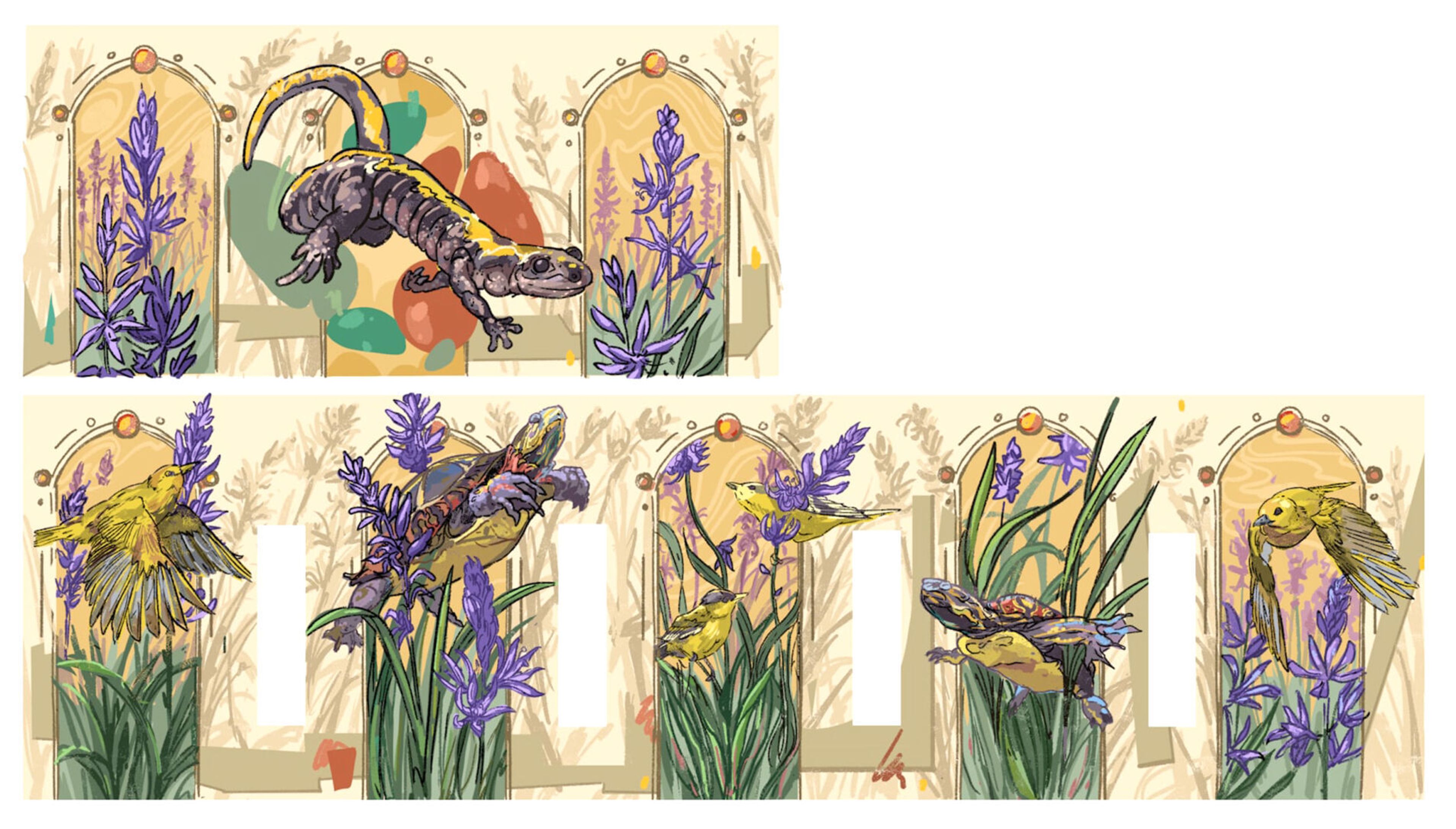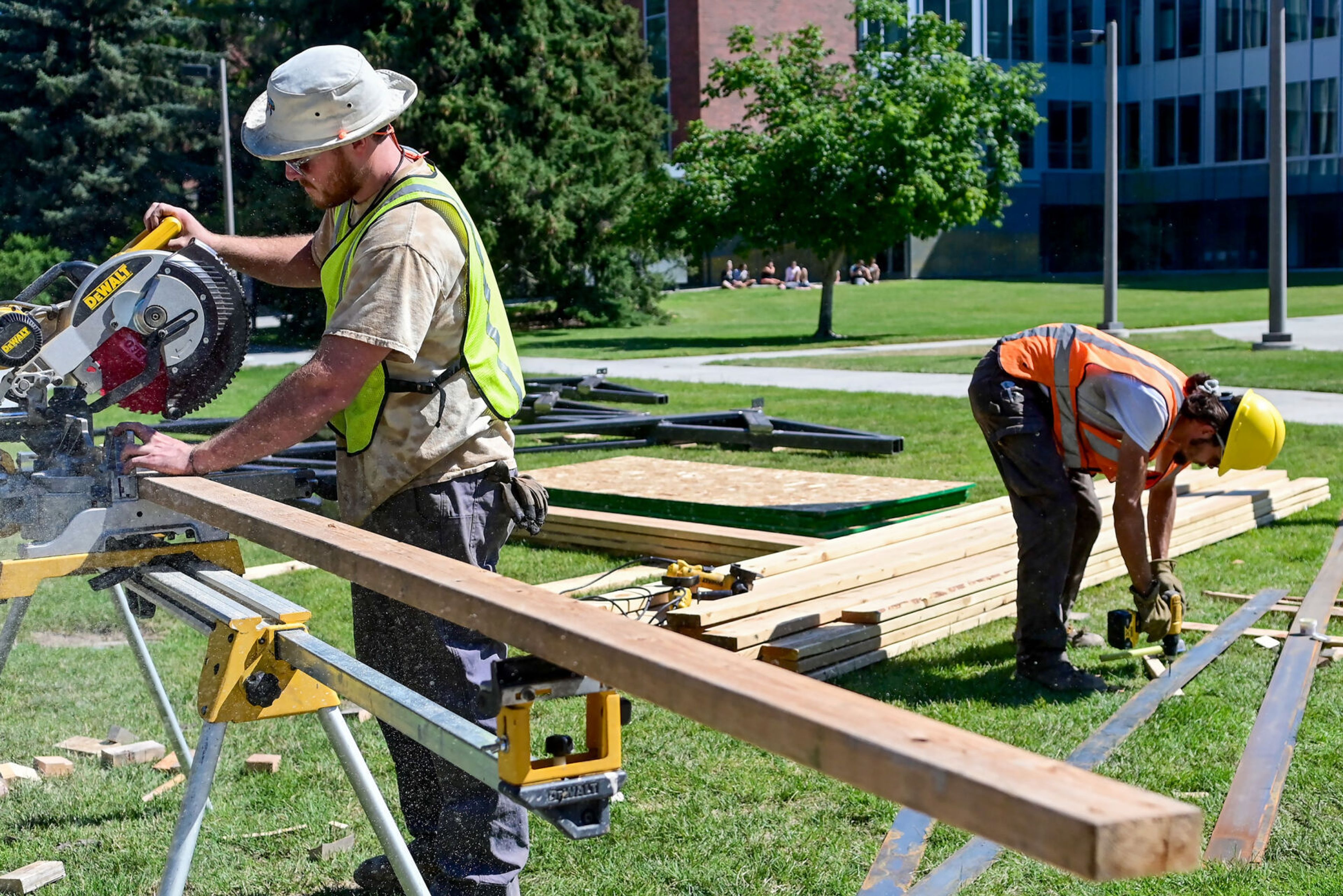Students spent spring break learning from the old ways
UI teams up with local groups to reforest the Philippines
Forests, to the indigenous people of Northern Luzon in the Philippines, are more than trees, shrubs and animals. They are the traditional way of life.
One that is fast disappearing, according to the essay titled, "Forests are our Yesterday, Today and Tomorrow," by Dorothy M. Hamada of the Cordillera Autonomous Region of the Philippines. Hamada's essay was the catalyst that led a team of University of Idaho faculty and students to spend spring break in the region for a weeklong session of service and learning. They made a two-year commitment to assist in the reforestation of the region, which is becoming increasingly barren, due to overworked soil and lack of water.
Moscow resident Loreca Stauber has been a champion of the project since reconnecting with Hamada, a longtime friend and founder of the Socio-Economic and Gender Advocacy Association, which strives to not only reforest the land but also expand the roles of Filipino women beyond those of wives and mothers.
"They learn how to be involved, to be a civic minded person," Stauber said. "That essay proved the impetus, something I could not have accomplished by myself."
It was Stauber's passion for the project that got the UI involved, said Kent Apostol, a research scientist with UI's College of Natural Resources.
Stauber presented Hamada's essay to Anthony S. Davis, director of the Center for Forest Nursery and Seedling Research, as a potential project in mid-2014, which got the ball rolling.
"The timing was right," Apostol said.
Having been born and raised in the Philippines, Apostol said he was aware of the struggles indigenous Filipinos are encountering.
Stauber sees the story of the project centered on "gutsy and wise women who are acting instead of wringing their hands," she said. "This coupled with a strong and practical response from the local team - students, faculty, staff and community members - bode well for the sustainability and success of this long term project."
Apostol said the service learning trip was a great opportunity for the group to identify local resources, see what was actually going on in the country and begin to earn the trust of residents.
Apostol said the country's problem with deforestation came about through what he called "massive changes" in land use due to increased agricultural practices.
"People had to keep up with the demand for food, so they didn't have time to let the soil rest and used intensive fertilization to increase crop yields," he said. "It's really unsustainable."
Through the use of UI research results adapted to the Philippines, Apostol said, he hopes to aid reforestation, which will also preserve a way of life and protect species of plants and trees that could otherwise be lost.
Stauber said events in all parts of the world should be a concern for Americans.
"What affects Timbuktu comes back to you," she said. "We are not an island. We are one world."
For now, the primary concern is raising funds to continue the joint project called The Agroforestry for Resilient Ecosystems Project in the Philippines with SEAGAA,.
If not for waiting for funding, Apostol said he would go back to the Philippines tomorrow to continue the work.
"This project really means a lot to me," he said.
Shanon Quinn can be reached at (208) 883-4636, or by email to squinn@dnews.com.
